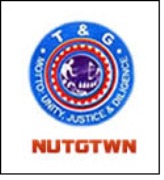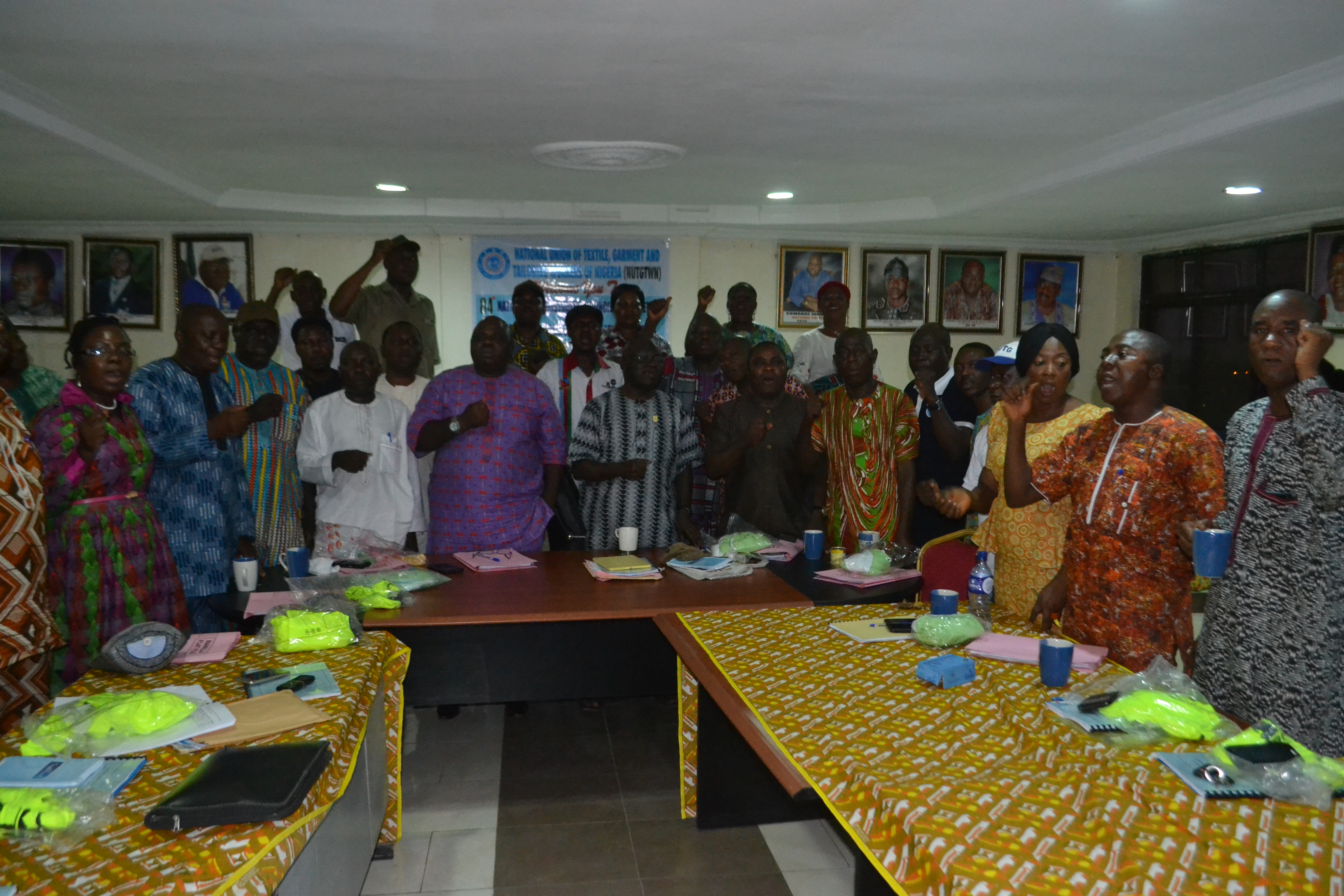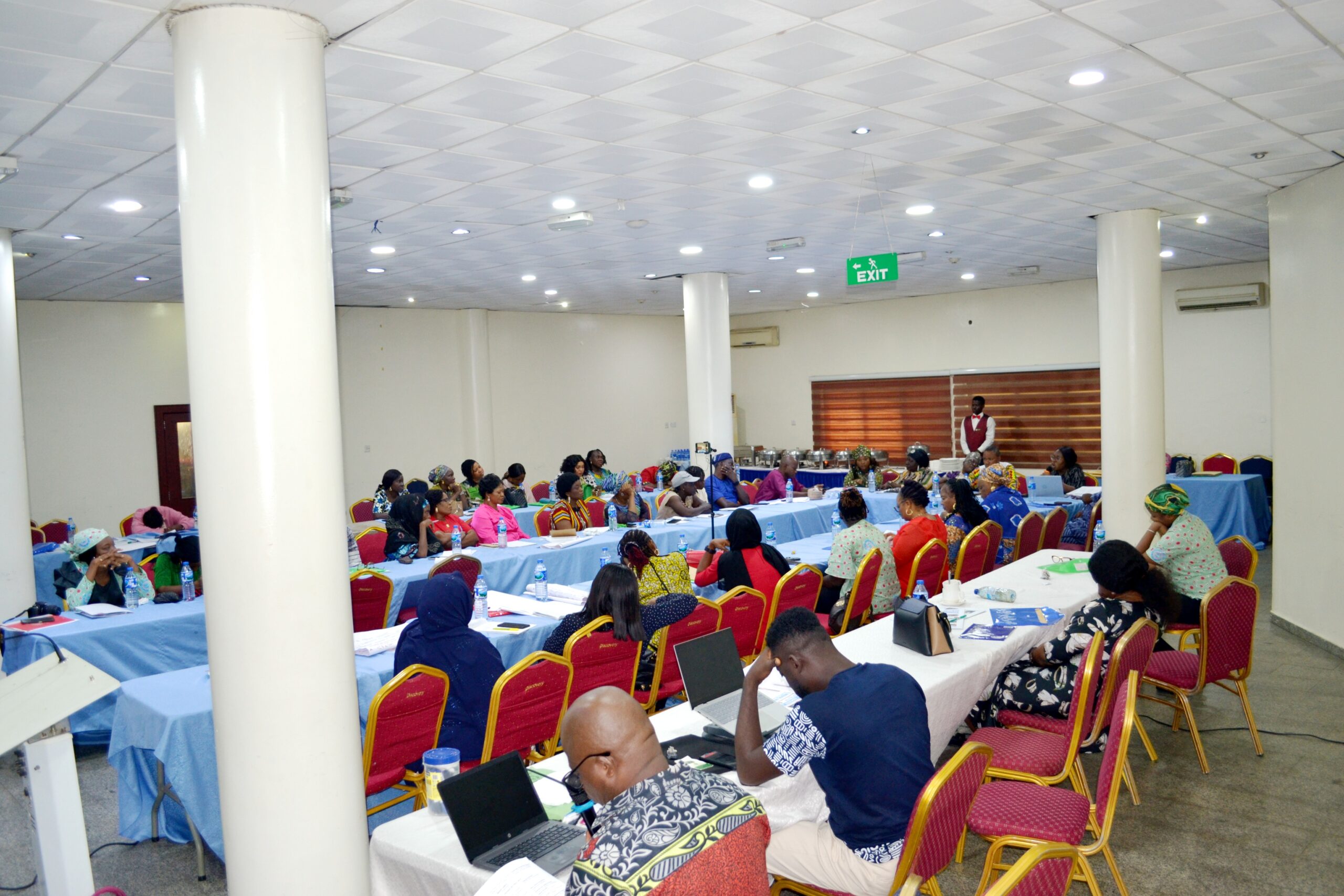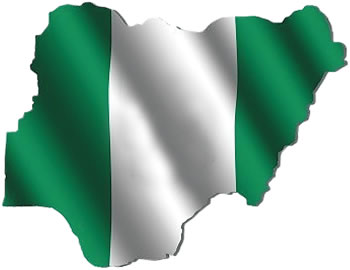
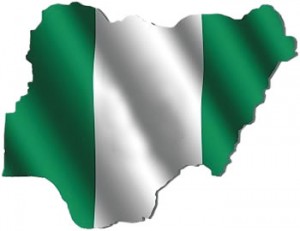 Today marks 58th Independence Day for Nigeria. No better day to revisit history of nation-building. I hereby represent my reflection on 2014 independence anniversary dealing with the social forces that fought for independence published in this column on Monday September 28th, 2014. Happy independence to all compatriots:
Today marks 58th Independence Day for Nigeria. No better day to revisit history of nation-building. I hereby represent my reflection on 2014 independence anniversary dealing with the social forces that fought for independence published in this column on Monday September 28th, 2014. Happy independence to all compatriots:
Any Independence discourse raises the question of history. Nigeria turns 54 on Wednesday, October 1st becoming the third African country to be independent of Britain, the first being Ghana, (6 March 1957) and second Somalia, (1 July 1960). There is no better time to ask the critical question; Which Social Classes fought for Nigeria’ Independence? The deafening collapse of communism on the night of November 9, 1989, (when the Berlin Wall–the most potent symbol of the Cold War division of Europe–fell down) had pushed class analysis of historical development to the margin.
Karl Marx and Friedrich Engels popularized the concept of social classes in analyzing historic national and international development by asserting that; “The history of all hitherto existing society is the history of class struggles”. Following the collapse of USSR, an American political scientist, political economist, and author Fukuyama Francis Fukuyama in a published 1989 essay, enthusiastically proclaimed the end of history as class struggle and even celebrated The End of History and wars. Ironically the end of history theory of Francis Fukuyama did not last as the world witnesses new wars that can only be better appreciated by revisiting the class analysis hitherto declared outdated. It is certainly not yet the end of history of wars and class struggles. From Iraqi 1991, 2003 wars Russia vs Chechnyan Secessionists and the Caucasus Emirate, 1994 – 2013 Afghanistan war 2001 – 2013 Siera Leone Civil War 1991 – 2001 Al-Qaida vs USA and allies.
Nigeria can best be described as a country of Social Classes. Indeed Nigeria is a class society. For analytical purposes, we single some delineated critical social classes that have played critical roles in national development including the struggle for independent Nigeria.
Some of these classes are the Business class (Bourgeoisie), the Political Class, the Working Class (Organized labour), the Military, the Traditional Rulers, Civil Servants (Bureaucracy). Just as Claude Ake has observed each of these classes is complex and considerably heterogeneous. Dating back to the 1880s, Nigeria has thrown up great old entrepreneurs like Jaja Opobo, Nana Olomu of Itsekiri land, Mobolaji Bank-Anthony, Alhassan Dantata of Kano, Mohammed Shitta-Bey, J.W Cole, J. H. Doherty Odutola. Modern day faces of Nigerian private capital include Aliko Dangote, Mike Adenuga, Ekene Dili Chukwu, the Ibrus, Ishaku Ibrahim, Austin Okere: Okoya-Thomas, Gaius-Obaseki, Cosmas Maduka: Entrepreneur par excellence, Pascal Dozie, and Jim Ovia among others. What role did their Class play in the struggle for independence? Precisely because Europe underdeveloped Africa, local entrepreneurial class was deliberately prevented from growing. Yet some Nigerian private traders dared colonial hegemony with all the consequences which in turn laid the basis for independence.
By 1880s, the likes of King JaJa of Opobo and Nana Olomu were outstanding Nigerian traders in Palm oil in Niger Delta area. They struggled to break into export trade in Palm oil which hitherto was the preserve of the Europeans. For this singular independent audacity to undermine British authority and commercial interest they were deposed and banished. The Royal Niger Company actually used its charter of 1886 to prohibit Nigerian merchants in the Niger trade. This singular colonial monopoly trade prepared ground for the nationalist resentment against colonialism. To this extent we can say Nigerian nascent bourgeoisie through economic nationalism fought for independence.
The second most significant social class is the working class. All theorists of Social Classes see the working class as a subordinate and exploited class. Paradoxically, wage and salary earning class is a creation of the colonial system of exploitation for metropolitan Britain. The first generation of workers were to be found in the civil service, railways and missionary schools. The colonial government (which was a British one) and the colonial companies were the major employers of labour. They perpetrated worse forms of exploitations through forced labour, poor wages and sheer brutality which propelled the workers to form unions. The organized trade unions started in these nascent sectors, namely National Union of Civil Servants formed in 1912. The organized labour therefore played a catalyst role in the struggle against colonial exploitation. In the first instance, the working class waged a consistent struggle against the racist policies of the British colonial government and colonial companies in Nigeria. Apart from being exploitative and oppressive, colonial policies were also profoundly racist with particular reference to wages, salaries and conditions of service that were applicable to European staff on one hand the Africans on the other hand. The Nigerian working class spearheaded the fight against racist colonial policies and won a lot of successes. In addition, the Nigerian workers carried out strikes in pursuance of their demand for the improvement of conditions of living within the context of the anti-colonial struggles. The most prominent of these strikes were the 1945 General Strike led by the legendary labour leader Micheal Imoudu and the 1950 strike of the United Africa Company (UAC). There was also the Enugu Coal Mines resistance and the killing of 21 miners and wounding of 55 by the colonial police at the Iva Valley Colliery near Enugu on 18 November, 1949. All these struggles laid the basis for independent Nigeria. However the most decisive social class is the nascent political class represented by the first generation political parties, namely NCNC, led first by Herbert Macaulay and later Nnamdi Azikwe, AG, by Chief Obafemi Awolowo, NPC, first by Dr RAB Dikko and later, late Ahmadu Bello and NEPU by Mallam Aminu Kano, Saad Zungur, Raji Abdallah and other radical politicians.
Nigerian military as a social class did not participate in the struggle for independence. On the contrary, the colonial Armed Forces are largely part of the last vestiges of colonial bureaucracy in Africa. Like most African armies, Nigeria military has its origin in the elements of the Royal West African Frontier Force that became Nigerian only when independence was won in 1960


